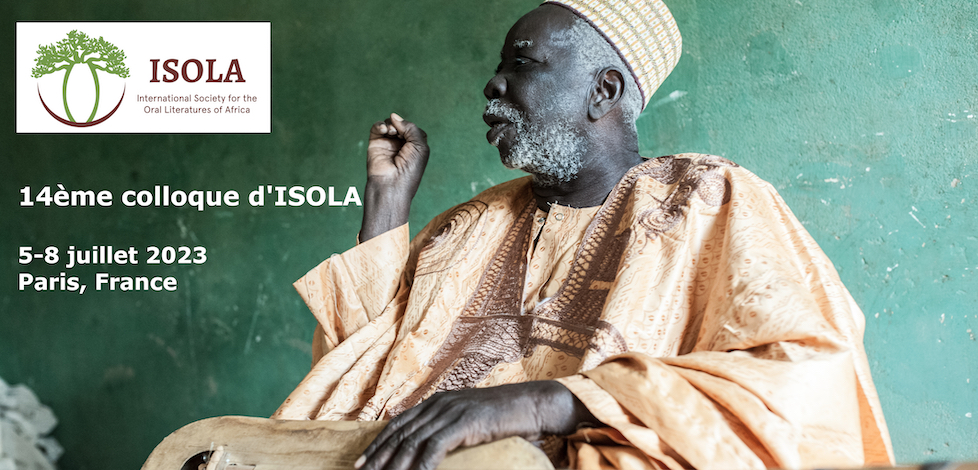La littérature orale de l'Afrique traditionnelle comporte des proverbes populaires et des allocutions proverbiales qui se servent des leçons animalières pour nous enseigner sur le plan philosophique et moral surtout quand il s'agit de l'environnement. Chez les Duala au Cameroun, les proverbes ont été transmis majoritairement par les mères, par imprégnation d'une génération à l'autre, raison pour laquelle ceux ci-dessous ainsi que d'autres font l'objet de notre choix. Cette présentation met en avant ceux qui ont été forgés ou utilisés par les femmes et pour les femmes. La pratique veut qu'elles utilisent plus que les hommes ces formules qui leur permettent d'exprimer leurs pensées en construisant et déconstruisant les mots du fond des âges. En duala, on a l'exemple : « MUNA WUBA A MA LEYE NYANGO DIBOLA » ou « Le poussin (ou même l'œuf) apprend à sa mère à couver » ou plutôt « On a toujours besoin d'un plus petit que soi » comme dit la sagesse populaire dans diverses cultures du monde. En matière d'écosystème responsable, ce proverbe est fort explicite. « O ma pula tè pawa ngwèlè, sèlè koma musango na kéma » avec sa traduction : « Si tu défriches, fais la paix avec les singes » a pour message « l'imprudent défricheur qui s'introduit dans la foret sans tenir compte de son environnement et sans égard vis-à-vis des autres s'expose au malheur ». Un dernier exemple, « MUTO A PAWA NGUELE A SI BENE PO A BENE NDE DIBAO » veut dire « La femme cultive sans machette, seulement avec la houe » est également important pour cette discussion. Dans cette présentation, on se concentre sur l'interprétation féminine de certains proverbes en duala et comment ces interprétations influencent la vision du monde des Duala en ce qui concerne la préservation de l'environnement.
Animal lessons, eco-responsibility, and women: examples from the Duala language (Cameroon)
Traditional African oral literature features proverbs and sayings that refer to animals in the form of lessons that teach us from philosophical and ethical standpoints, especially when it comes to the environment. Among the Duala of Cameroon, these proverbs have been transmitted primarily by mothers and have been passed down from one generation to the next and this fact is particularly relevant to this presentation which will analyze proverbs that have been formulated or used by women for women in Duala society. In practice, Duala women cite these proverbs more than men and thus these proverbs allow women to express their thoughts all while constructing and deconstructing age- old words and meaning. In the Duala language, we have for example, “MUNA WUBA A MA LEYE NYANGO DIBOLA” which means “The chick (or even the egg) teaches its mother to brood” or as more commonly found in many cultures “One can always learn from someone younger.” When considered with regards to a responsible ecosystem, this proverb's meaning is very clear. In another example, « O ma pula tè pawa ngwèlè, sèlè koma musango na kéma » which translates as: « If you choose to clear the forest, you best make peace with the monkeys » has as its message « the reckless pioneer who infiltrates the forest without taking into account the environment and without regard for others opens himself (or herself) up to disaster ». One last example, « MUTO A PAWA NGUELE A SI BENE PO A BENE NDE DIBAO » means « Women cultivate without a machete, just using a hoe” is also of interest to the discussion of the environment and eco-responsibilty. This presentation concentrates on the feminine interpretation of certain proverbs in Duala and how these interpretations influence the Duala world view concerning the preservation of the environment.

 PDF version
PDF version
